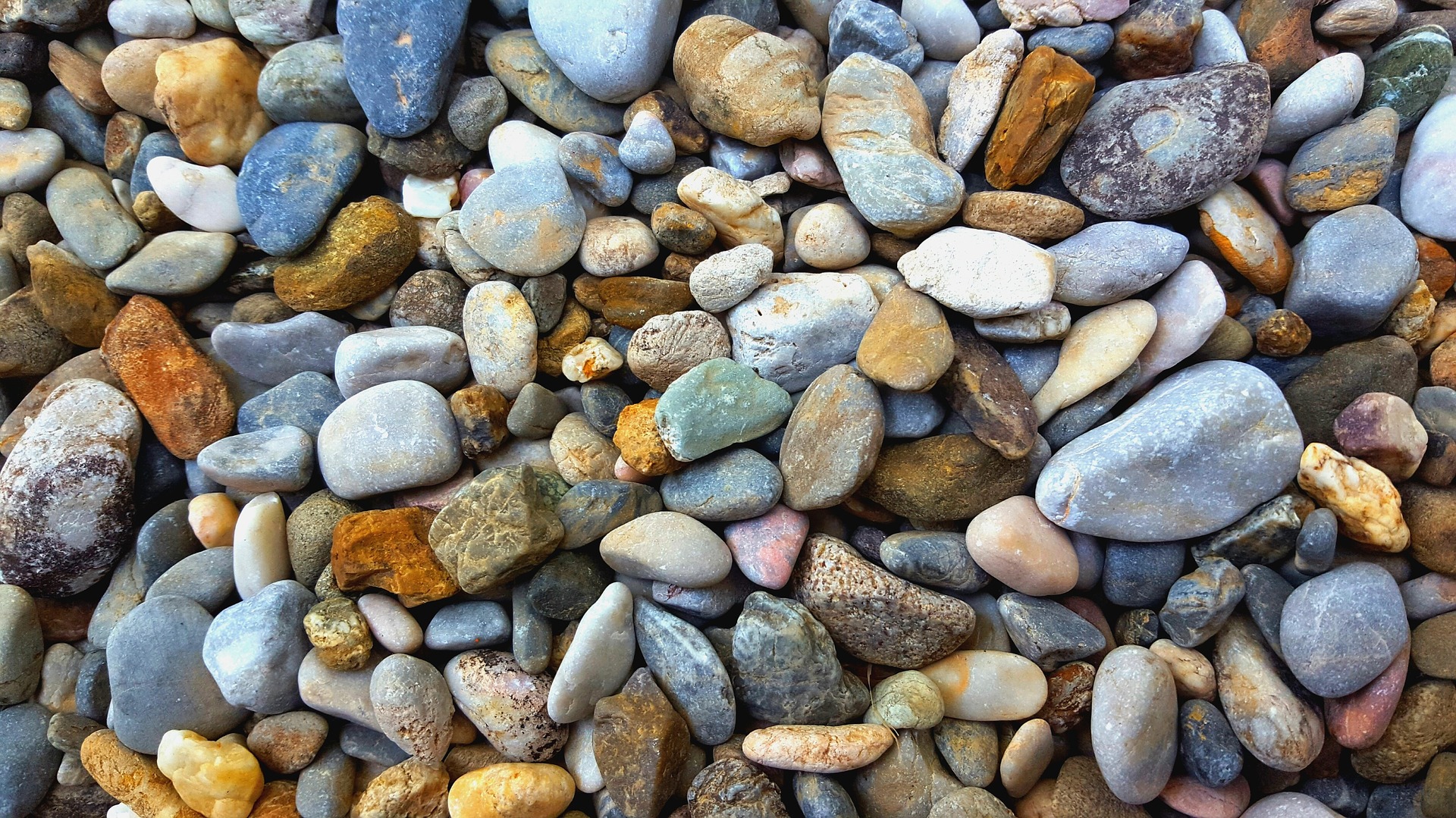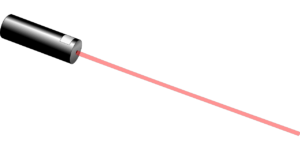

Kidney stones
You may have kidney stones if you have pain in your lumbar area or groin. Sometimes the pain can be referred to the genital area. You may also suffer from urinary tract infection or .have blood in the urine. Stones in the kidney or ureter (the tube connecting the kidney to the bladder) can be accurately diagnosed with a CT scan. Not all kidney stones however need treatment. If treatment is required this can be done by breaking the stones with shockwaves from outside without the need for an operation or passing a fine telescope up the tube and using a laser to vaporise the stone. In some cases we have to leave a temporary tube into the kidney - a stent, either before or after the procedure.
If you are worried you may have a kidney stone, please come and see us. We will be able to diagnose the problem and formulate a treatment plan for you.
We will also be able to advise you on how to reduce the chances of kidney stone in future.
Bladder Stones
Stones form in the bladder for different reasons to kidney stones. Common causes are inadequate emptying of the bladder, infection and foreign bodies such as catheters. Bladder stones can cause urinary tract infection, blood in the urine and may also cause difficulty in passing urine. Diagnosis is made by a plain X-Ray of the pelvic area or by looking inside the bladder with a telescope (cystoscopy). Bladder stones are treated by passing a telescope up the urethra and crushing or breaking the stones using a variety of methods. We often leave a catheter in after the procedure.
In men, sometimes a prostate operation (TURP) may become necessary during the procedure or may have to be done afterwards to reduce the chances of the stones forming again. For details of the prostate operation click here.
